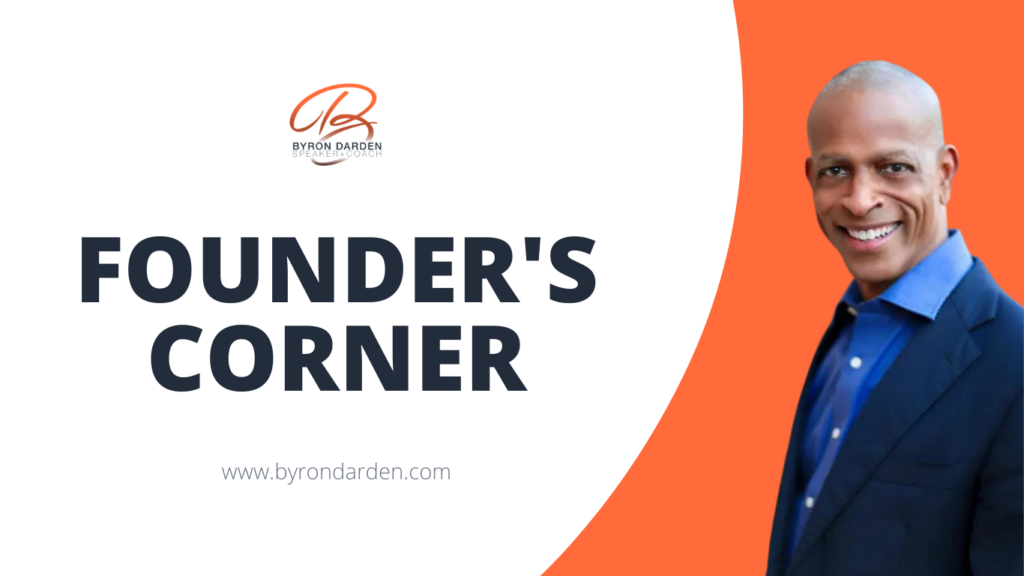
To thrive, we must feed our body what it needs. This includes physical, emotional, spiritual, and nutritional needs. Growing up, we are told to eat fruits, vegetables, proteins, and a little fat. Cut down on sweets and processed foods. While these are great guidelines, they don’t tell the whole story. What about the people who are unable to tolerate wheat? What about those with allergies? What do you do should your body react negatively to high levels of potassium? What course of action can you take for acid reflux?
While we are given the food pyramid and MyPlate, it’s essential to understand that you are unique, and what works for one person may not work for you. There are steps you can take in order to feel your best. And that will help you thrive for the rest of your life.











